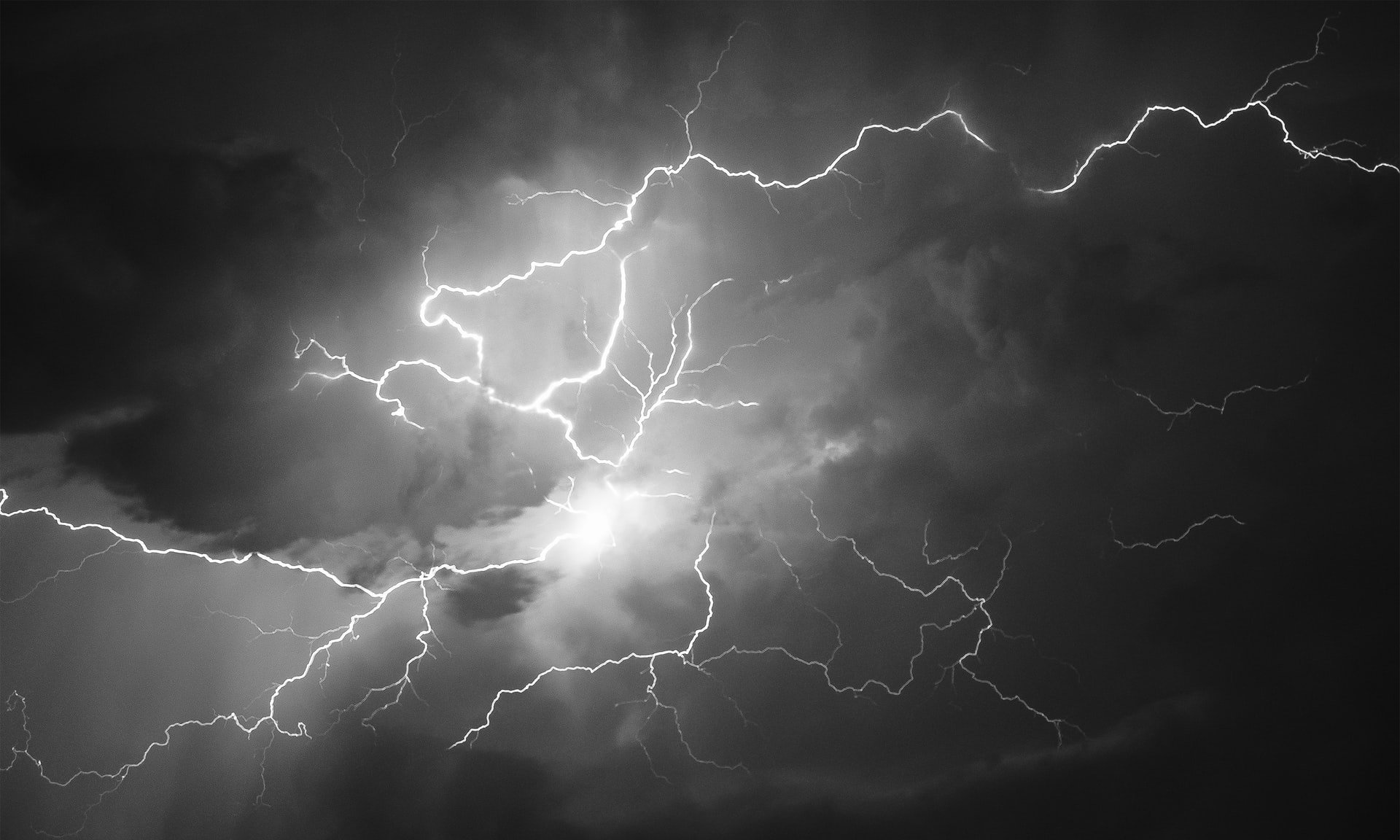God drawing near to us can sometimes be a rather unpleasant experience.
The Old Testament is filled with stories of God visiting his chosen people or a particular prophet and not doing so very quietly. When he visited Moses on Mount Sinai, he did so with thunder and lightning, with trumpet blasts, and with fire and smoke coming upon the mountain, which utterly terrified the Israelites who watched at a distance. When Elijah hid himself in a cave so that he could see God, he witnessed a wind that was strong enough to split rocks, an earthquake, and a great fire.
The New Testament continues with this theme. While the disciples were on the Sea of Galilee without Christ, a great storm arose that battered against the boat. When they saw Christ drawing near them, they were not consoled at first. Instead, they grew even more afraid and believed that they were seeing a ghost. The disciples were afraid because they did not understand that God himself was drawing near them.
These three stories all have two things in common: as God drew near to those he loved, chaos preceded him. But God was not in the chaos; he was in the peace that followed it.
When Moses was on the mountain, enveloped in fire and thunder, he was not afraid of what was going on around him because he knew he was in the presence of God. Elijah was not afraid of the wind, earthquakes, or fire while he was in the cave because he knew that God was not in the chaos. After the destructive forces passed by the cave, there was only silence, and it is in this silence that Elijah left the cave to go out and meet God.
After Peter recognized that the Lord was drawing near to the boat, he no longer saw the storm. Peter left the boat, stepping out into the storm surrounding him, drawing near to God as God drew near to him.
This pattern did not cease with Peter. When God draws near to us, we may not be surrounded by physical storm clouds, fire, or earthquakes; we may not be in a boat that is being tossed on the ocean, but we can be thrown into chaos nonetheless. When our world seems to fall apart, we should remember that we “do not belong to the world, just as [Jesus] does not belong to the world” (John 17:14). But Jesus does not abandon us to this world. As the chaos rages around or within us, we look to Christ, because he is drawing near.
We also have an advantage over these great saints in the Scriptures. Moses was only allowed to look on the back of God as he passed by, and Elijah had to cover his face completely when God passed by him; each had to hide in a cave as this happened. Peter did not fully understand whose face he was gazing at or whose hand pulled him from the water. But we have been given the Eucharist. We do not need to hide in a cave or restrict ourselves to the point of covering our faces or only looking on the back of God. In the Mass and in adoration, we are able to gaze upon the face of God, but even more importantly he wants us to receive him and be received by him.
As God draws near to us, it may seem like every part of our lives is being overturned, but this is because God is turning our hearts over to him. We go from loving the imperfections of the world to having the perfect love of God, and it is this “perfect love [that] casts out all fear” (1 John 4:18).
✠
Photo: by Cooper Baumgartner on Unsplash.







